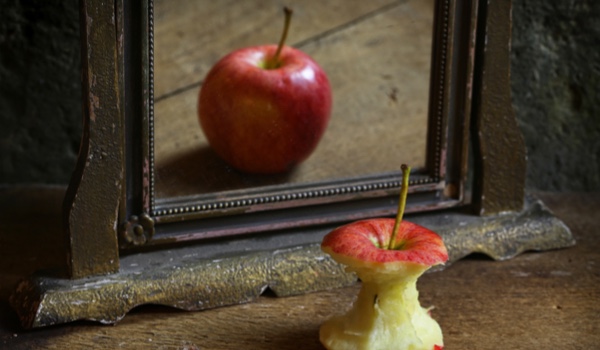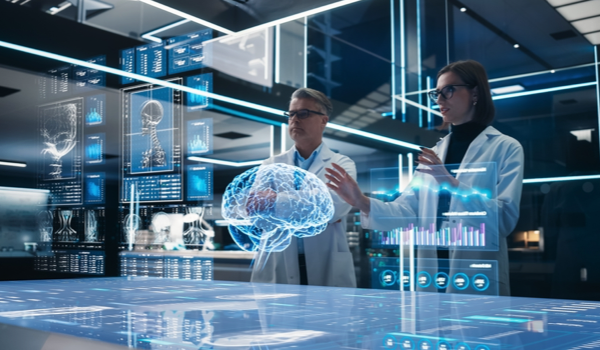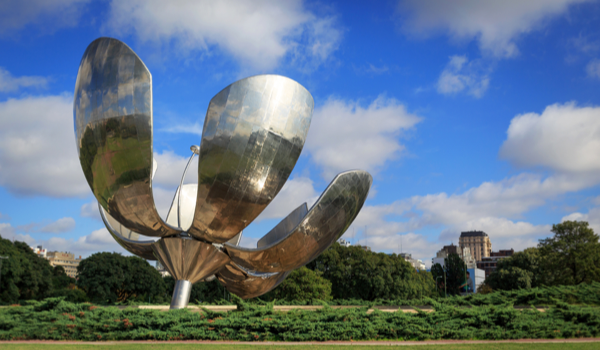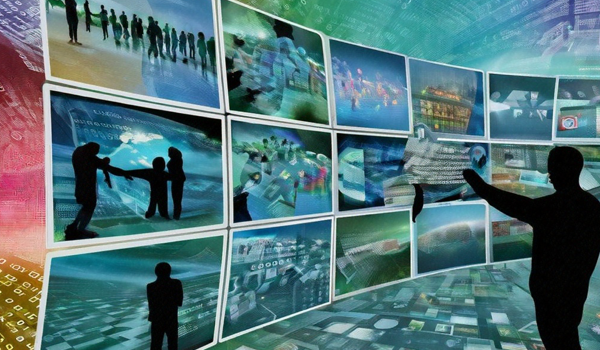


STOCKHOLM - Silicon Valley leaders assure that the Fourth Industrial Revolution will bring untold benefits. They say it is already underway and accelerating, powered by artificial intelligence (AI) and other technologies, and warn that those who fail to get with the program will be left eating dust.
This upheaval, which also reflects the impact of robotics, bio- and nanotechnology, 5G, and the Internet of Things (IoT), is a general-purpose revolution. Its leaders and their boosters promise it will help societies tackle climate change, address poverty and inequality, and stem the dramatic loss of biodiversity.
The revolution might play out like that. Or it might not.
Consider the most recent digital revolution, which brought us Google, Facebook, and Twitter, and changed the way information flows around the world. At first, the ability to connect to others online, and to create and share digital content seamlessly through ever-growing virtual social networks seemed straightforwardly beneficial. Yet today, the global flood of misinformation enabled by these platforms is making it more difficult to manage the COVID-19 pandemic and tackle climate change. Few realized what was happening until it was too late, and now we are dealing with the fallout.
How then can societies minimize the risk of inadvertent, ignorant, or willfully malicious use of the next generation of technology?
My work has increasingly focused on the collision of two worlds. The technosphere comprises the stuff that humans have created, which amounts to an estimated 30 trillion tons, or 50 kilograms per square meter of Earth’s surface. The biosphere is the thin layer clinging to it where life thrives, and where humans have enjoyed a 10,000-year stretch of relatively stable climate.
I first became interested in the relationship between these worlds while exploring the growth of semi-automated global early-
The content herein is subject to copyright by Project Syndicate. All rights reserved. The content of the services is owned or licensed to The Yuan. The copying or storing of any content for anything other than personal use is expressly prohibited without prior written permission from The Yuan, or the copyright holder identified in the copyright notice contained in the content. Continue with Linkedin
Continue with Linkedin
 Continue with Google
Continue with Google










 5291 views
5291 views







